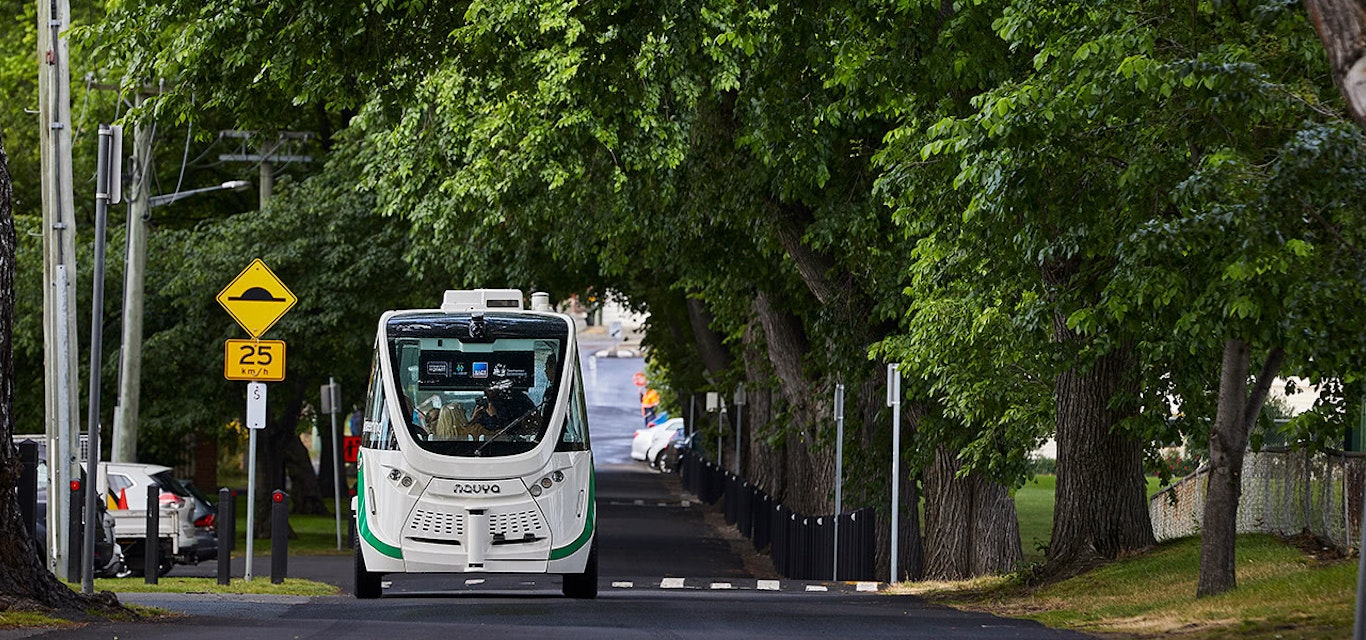From our Group CEO - New beginnings
A new year tends to spark thoughts of new beginnings – resetting goals, building on success and seeking new opportunities.
We have certainly seen some of this in recent months with the demonstration of our driverless electric bus. We had more than 300 people experience this emerging technology over three days. The overwhelming message from all of them – be they members, politicians, community groups or schoolchildren – was that the demonstration provided a fascinating window into the future of mobility.
For us, it was a chance to explore the challenges that Tasmanians would face in bringing this technology to the state. We were provided with a lot of feedback, including concerns about safety, effects on congestion, and the risk of people losing their jobs to technology.
We have collated all of this and have reviewed it with a view to ensuring everyone’s voices are heard in mapping our mobility future.
What we also discovered through setting up the demonstration is that we still have a long way to go before these buses are ready to hit our streets.
To that end, in our State Budget submission we have called for the government to invest in mobility projects that set Tasmania up for a more sustainable future. This should include a public trial of autonomous vehicle technology to test uptake by members of the public, and integration into our current and future mobility networks.
Examples of the type of trial we are calling for include an autonomous bus or trackless tram trial on the vacant rail network in Hobart; and a trial of Cooperative Intelligent Transport Systems on vehicles that allow for smart signalling and traffic light timing at intersections.
We are also calling for increased investment in safe, separated infrastructure for cyclists and pedestrians; better land use planning across municipal boundaries; and subsidised public transport.
Large infrastructure and public transit corridors need to be planned to meet population growth, urbanisation and changing mobility needs across wider community areas than current municipal boundaries.
Our submission calls for:
• Development of a state settlement strategy.
• A planning decision framework that incorporates a strong focus on the short- and long-term traffic and mobility impacts.
We are also asking the government to incentivise public transport to provide cost-effective choices; and a full review of public transport options to enable a seamless, accessible service for all.
Transport affordability continues to be one of the main concerns for Tasmanians, as evidenced by our recent fuel petition that reached 5000 signatures in a matter of hours, and is currently sitting at about 9300.
With Tasmanians having the highest cost of fuel in the country, we’re calling on the State Government to fund and implement real-time fuel pricing similar to the FuelCheck system in New South Wales that makes it compulsory for retailers to report their prices at the bowser.
We are currently in discussions with the State Government around this and will continue to push for its introduction as soon as practical.
As we welcome Peter Gutwein as the state’s 47th Premier, we are ready to work with him and his government to ensure progress is made on these vital programs to ensure a better lifestyle for all Tasmanians.

